
Sing Tao Daily
The blaze caused serious damage to the building at 70 Mulberry St. (Credit: Sing Tao Daily)Read the original story in Chinese at Sing Tao Daily
Translated by Rong Xiaoqing
The fire that took place at 70 Mulberry St. on the night of Jan. 23 brought severe damage to the community organizations in the building, including a Chinese language school, a dance company, a senior center and a museum archive. The leaders of these organizations shared their sorrow and concerns at a press conference on Jan. 25, while they promised to try their best to resume services.
Weijing Shi, the principal of the Chinese School at the Chinatown Manpower Project, spent the previous night crying after she heard the devastating news about the fire, and showed up at the press conference with sunglasses and a hoarse voice. She said the school is in winter recess now and students won’t be back until February.
Still, she didn’t know where the school’s more than 600 students of 13 classes are going to take their lessons. Shi said it is not easy to convince the second-generation Chinese children to spend their weekend learning about Chinese culture, so it’s very important to keep their lessons going. She would try to find an alternative space for the students before the new semester. So far, both P.S. 124 and P.S. 130 in Chinatown have offered to provide weekend classrooms.
In the meantime, The Chinatown Manpower Project has set up temporary headquarters nearby at Chung Pak Senior Housing’s community room, located on the 13th floor of 96 Baxter Street, where the group continues to offer other services, such as job placement help, according to an update posted Wednesday on the organization’s Facebook page. Hong Shing Lee, the group’s executive director, said CMP had backed up all its digital documents prior to the fire, a precaution that helped reduce the loss.
The Museum of Chinese in America (MOCA) has a 2,500-square-foot archive and research center on the second floor of the building, where it stored 85,000 pieces of historical documents and artifacts about Chinese immigrants. These include a copy of the first Chinese language newspaper, the cheongsam some Chinese women brought with them when they immigrated to the U.S. in the early 1900s, and documents about the Chinese Exclusion Act.
Nancy Yao Maasbach, the museum’s president, said the fire broke out right after the building was closed. “Many co-workers were still in Chinatown at the time. So we all rushed back to the site when we heard the news,” said Maasbach. “We prayed at the site for the fire to not spread to the second floor. But the water spray to extinguish the fire also caused a lot of damage. We can only hope for the best.”
Maasbach said MOCA has assembled a task force which will immediately work on the restoration once the remaining archive is brought out from the building. Photos posted to the museum’s Facebook page Wednesday showed workers removing boxes from the site. “There are indicators we might be able to salvage some of the MOCA archives,” the museum wrote in a post thanking volunteers for their help in the recovery process.
The city on Monday announced a a temporary relocation plan for the organizations affected by the fire, and the city also promised to help them find long term solutions.
H.T. Dance Company is also located in the building, and artistic director H. T. Chen said the floor of their rooms were soaked in at least three inches of water. He said the fire greatly interrupted the company’s performances and classes, especially since the organization has scheduled many additional performances for the Lunar New Year celebration. “Our work about the history of Chinese immigrants has been booked through the end of February, and everyday at 10:30 a.m., we offer a demonstration for primary school children who come to visit us with their teachers from allover the city,” said Chen. “Now we have to contact the schools one by one to cancel.”
Chen said they’re in the winter recess now, and dance class is scheduled to restart on February 22. “It may not be possible to have the class in that building because it takes time to assess the safety, rebuild and renovate the building,” he said.
Echo Wong, acting president of United East Athletic Association, said she is worried about the lion dance costumes and gongs and drums located in the office. She said the organization had brought many “lion heads” to the office to prepare the Lunar New Year celebration on Jan. 25. In addition, Wong also worried about the accounting books kept in the office, and hopes to get them back as soon as possible.
Another organization affected by the fire is the Chinatown Senior Center of the Chinese Planning Council, which was founded in Chinatown in 1974 and had been operating in the building since 1978, according to director Jenny Tran. Located in the heart of Chinatown, the center is a magnet for local seniors, where they come to meet and chat with their friends.
Tran said when she went back to the office in the morning after the fire, she could only stand outside of the police line on the opposite side of the road and wait for updated information in anxiety. She was told the building was soaked in water, and the damage has not yet known.
The Open Door Senior Center nearby has agreed to offer space for the center to distribute regular lunches to seniors, and the center can provide transportation there for seniors with motion impairment. The city’s Department for the Aging is working to secure a permanent space for the center, and will be putting up signs with the addresses and contact information of alternate sites around the area, officials said Monday.
Editor’s note: This story has been updated from its original version to include more recent information from organizations affected by the fire.



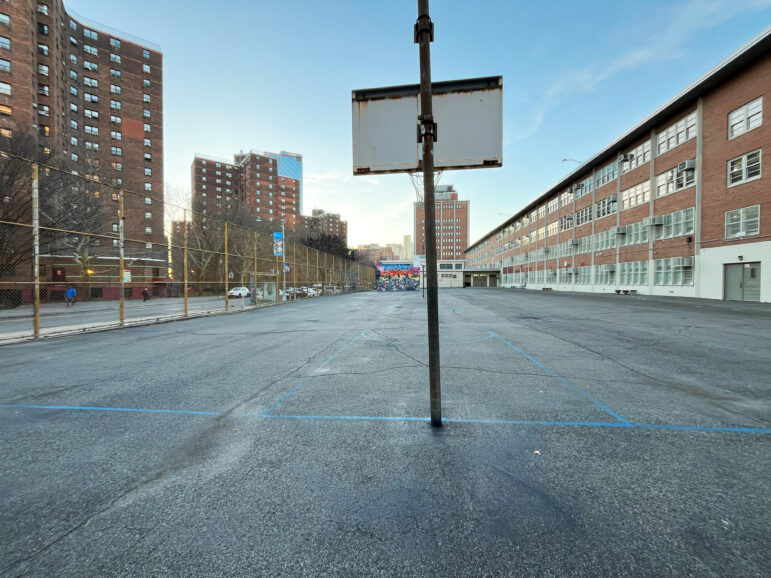
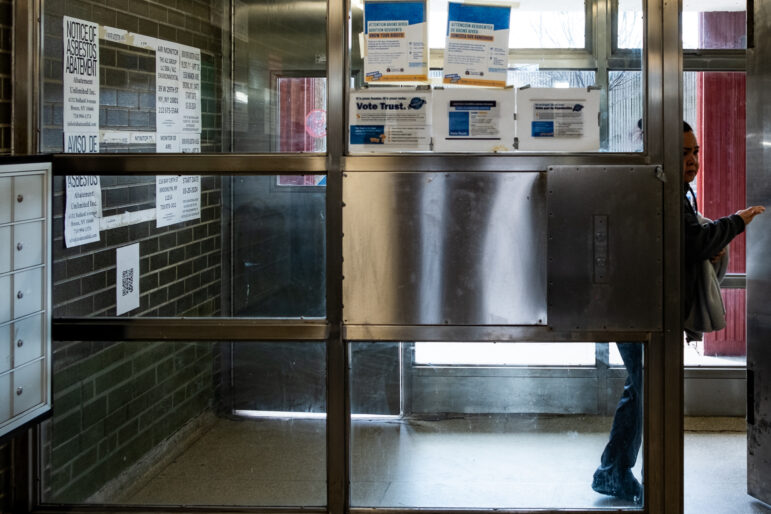
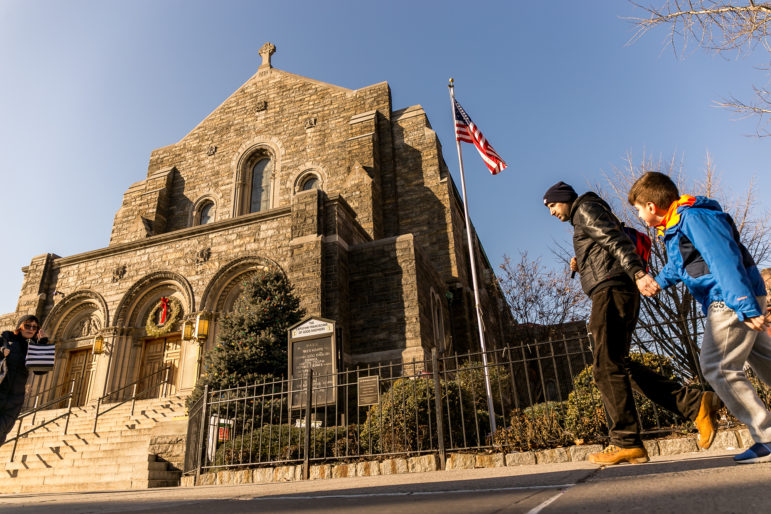
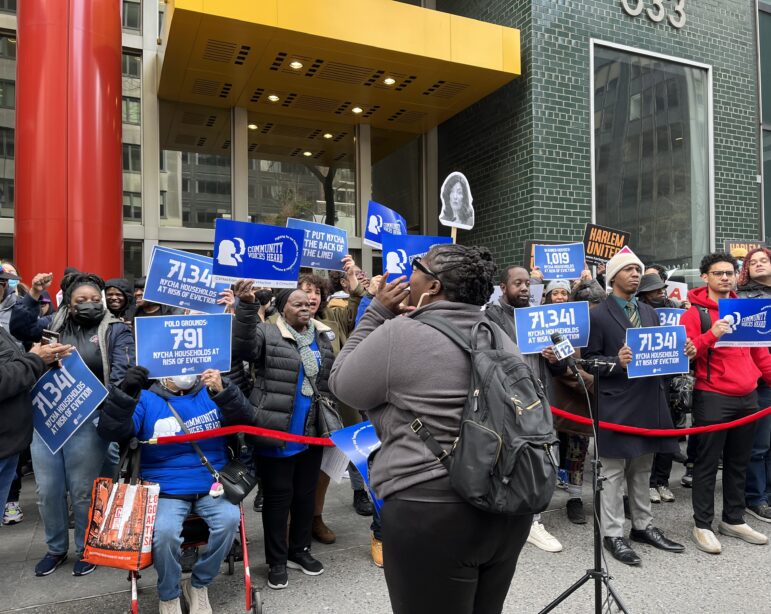
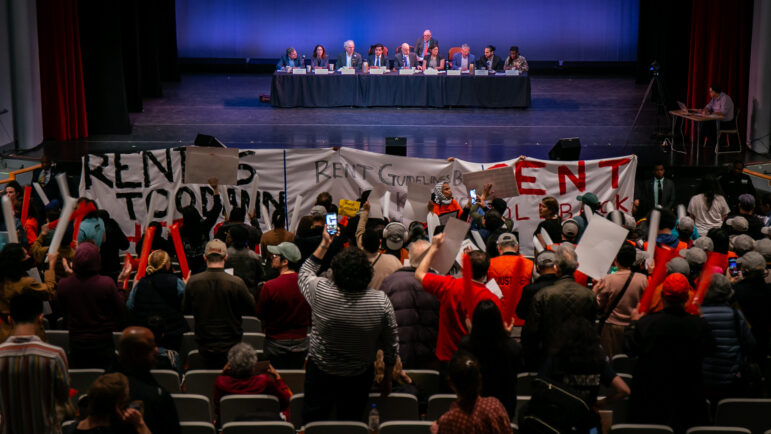


One thought on “Chinese Language School, Senior Center and Museum Archive Recovering After Mulberry St. Fire”
MOCA Fire Recovery:
https://charity.gofundme.com/o/en/campaign/mocafirerecovery